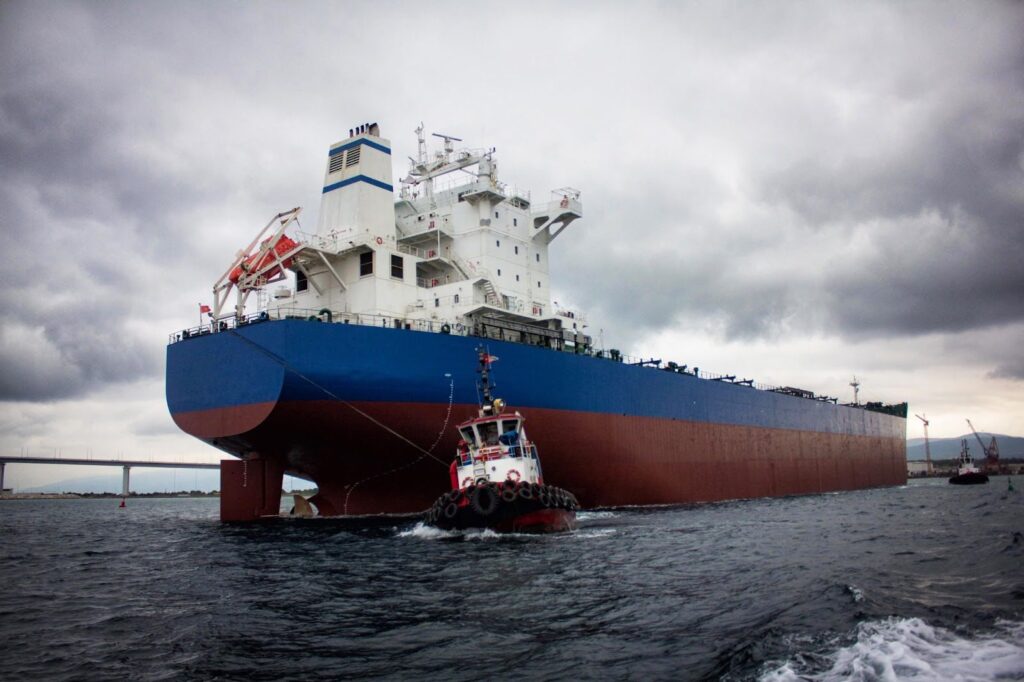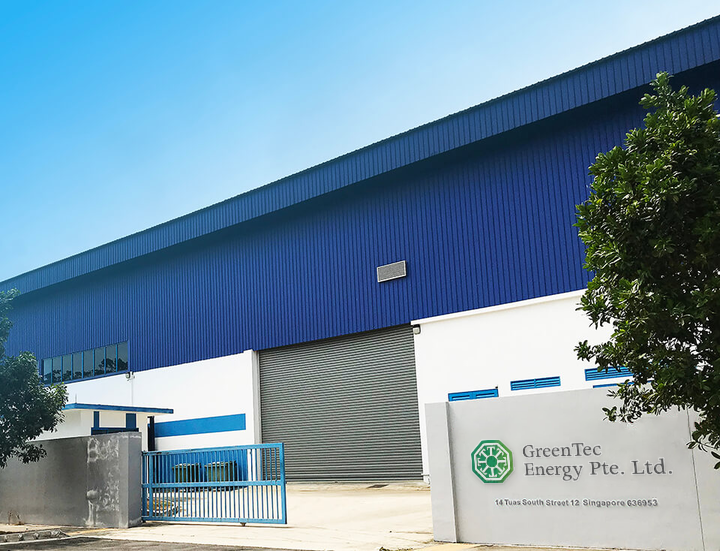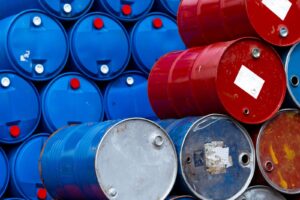Oil Testing for Marine Engines and Ship Machinery
October 7, 2025

When it comes to the marine industry, keeping your machinery in tip top condition is crucial. Regular oil testing can help you avoid major problems down the road, which can cost a ton of money.
This is known as marine engine oil analysis, a great way to detect problems in their early stages. Here’s everything you need to know about marine engine analysis and why it’s important:
What Is Marine Engine Oil Analysis?
Marine engine oil analysis is the process of testing and examining the condition of your engine’s lubricating oil. It involves looking at the oil’s chemical composition, viscosity and the presence of contaminants.
Through this, ship operators can gain valuable insights into both the oil’s health and the machinery’s condition. Think of it as a health check-up for your engines and ship machinery, allowing you to spot issues before they escalate into costly breakdowns.
Why Is Marine Engine Oil Analysis Important?
Oil testing is one of the most effective preventive maintenance practices in the marine industry. Engine and ship machinery are constantly exposed to high stress and heavy workloads. Without regular checks, small issues like fuel dilution or water contamination can go unnoticed.
Over time, these problems can cause serious damage, resulting in expensive repairs or even engine failure.
The Benefits of Marine Engine Oil Analysis
- Early Detection: Oil gives you an idea of what’s happening inside the engine. By spotting wear metals or fuel contamination, operators can detect early signs of trouble such as corrosion or leakage. This allows issues to be fixed before they snowball into major failures.
- Reduced Downtime: In shipping, time is money. A single breakdown can delay cargo delivery, incur hefty penalties and disrupt operations. Regular oil testing helps ensure your machinery runs reliably, cutting down on unplanned stoppages.
- Cost Savings: Oil analysis helps you know exactly when to change the oil instead of sticking to a schedule. This means you don’t waste good oil by changing it too early, and you don’t risk damaging machinery by changing it too late. This can lead to major cost savings in the long run.
- Improved Safety: Malfunctioning engines or auxiliary machinery can pose serious safety hazards onboard. Keeping your oil (and machinery) in good condition reduces the risk of accidents caused by sudden equipment failure.
- Better Maintenance Planning: With regular test reports, ship operators can monitor trends and predict when maintenance will actually be needed. This makes planning dry-doc schedules and spare parts procurement much more efficient.
Frequency of Marine Engine Oil Analysis
The frequency of oil testing comes down to several factors. This includes engine type, operating hours, fuel quality and the vessel’s operating condition. For example, engines running on heavy fuel or operating in harsh environments may require more testing.
As a general guideline, many ship operators conduct oil analysis every 500 running hours. However, it’s also common to carry out tests during scheduled maintenance or before long voyages.
A consistent schedule makes it easier to identify gradual changes over time rather than just one-off issues.
The Bottom Line
Marine engine oil analysis is a crucial part of marine engine and ship maintenance. It’s a preventive measure that ensures your machinery is prepared for operation. Consistency is key when it comes to oil testing, so remember to have your machines tested whenever necessary.
Visit gte.sg or contact us to find out more!
 GreenTec Energy Pte Ltd (GTE) is a waste management company located in Tuas, Singapore.
GreenTec Energy Pte Ltd (GTE) is a waste management company located in Tuas, Singapore.
Our service includes Industrial waste, Oily waste, Marine waste.
To provide a hassle free solution to our customer is always the key approach and to ensure a win-win situation towards. As a NEA approved environmental company in Singapore, we take all our services seriously and to ensure maximum safety with compliances applied. Every step of our disposal processes are also designed to meet NEA & SCDF requirements, with latest treatment facilities and laboratories to test and treat all incoming waste before disposal.
GTE operates a total land area of about 100,000sqft at 14 Tuas South Street 12 Singapore 636953. With our comprehensive logistics and transportation fleet, we provide prompt and efficient services in transportation of waste to our premises.



